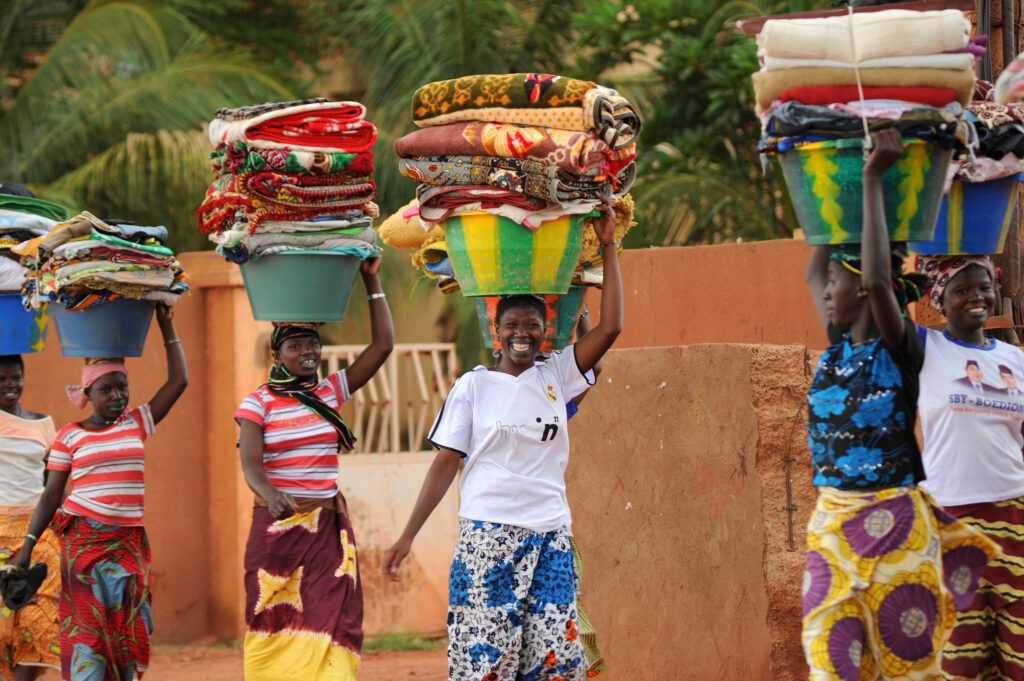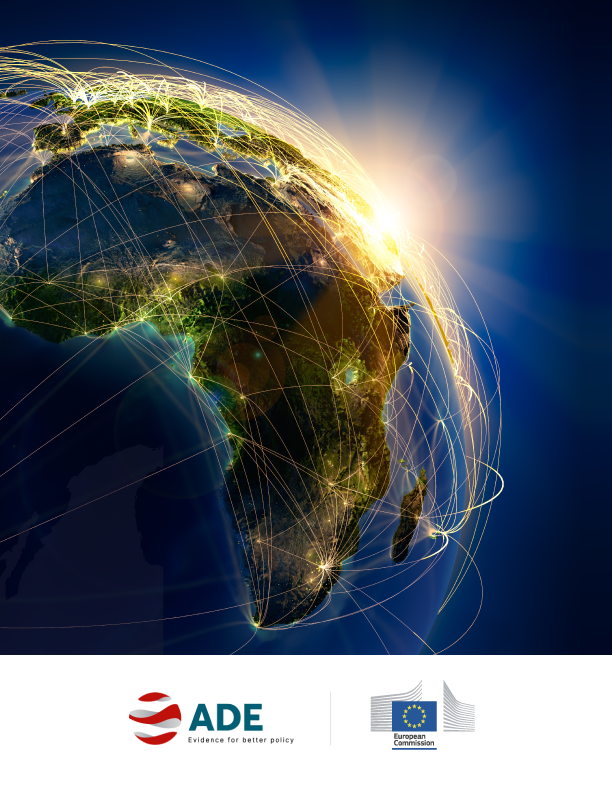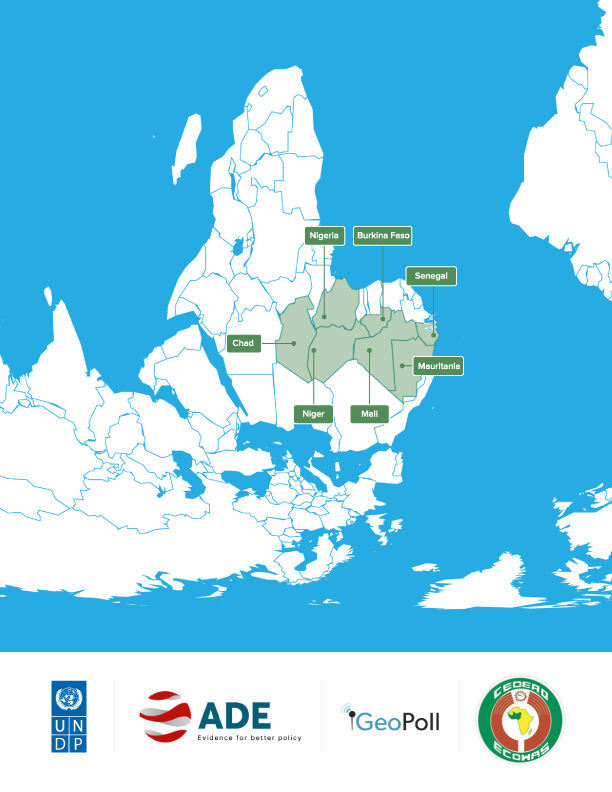Mali
23.8
Population 2023 (Millions)
0.4
HDI Score
2022 (Max. 1)
56.8
SDG Score
2023
(Max. 100)
0.6
Gender Inequality
Index Score
(Max. 1)
91
Internet Inclusivity
Index 2022
(100 countries)
Overview
Located in the heart of West Africa and stretching from the edge of the Sahara in the north to the fertile lands of the Niger River basin in the south, Mali is a landlocked country with a rich cultural legacy and complex modern challenges. Once home to the powerful empires of Ghana, Mali, and Songhai—renowned for their wealth, scholarship, and trade—Mali was a center of Islamic learning, with cities like Timbuktu standing as iconic symbols of African intellectual and spiritual life. The country was colonized by France in the late 19th century and gained independence in 1960. Today, Mali grapples with deep-rooted economic, political, and security issues. Persistent poverty affects much of the population, with limited access to healthcare, education, and infrastructure. Ongoing conflict in the northern and central regions—fueled by separatist movements, extremist groups, and intercommunal violence—has led to widespread displacement and instability, undermining efforts toward national development and peace. Despite these hardships, Mali remains a resilient nation, rich in history, culture, and community strength.
Projects

- Mali, Sub-Saharan Africa (SSA)
- December 2024 - April 2025
- Data Feminism
- Partner(s): UN Women - Mali (Funder)
DPA, with funding from UN Women – Mali, conducted a comprehensive analysis of the situation of women and men in Mali, identifying key challenges faced by women and girls in realizing their economic, social, and political rights. The analysis combined documentary reviews with analyses of qualitative and quantitative secondary data to develop tools and frameworks for planning gender-sensitive policies, programs, and strategies. It assessed the institutional environment, the implementation of gender equality commitments, within the context of the security crisis and institutional changes.

- Partner(s): ADE (Funder), EU DEVCO
This study, produced in collaboration with ADE, assessed the European Union’s external cooperation for development (DEVCO, now INTPA) in the cross-cutting field of digitalization in Sub-Saharan Africa (SSA), with a view to issuing a series of lessons learned and recommendations to inform current and future cooperation work. In particular, this evaluation focuses on understanding and analyzing DEVCO’s investments and projects in the region, the extent to which these projects are strategically promoting the pillars, objectives and values of the EU frameworks, and to identify complementarities or lack thereof with other relevant national, regional, and international stakeholders.

- Partner(s): ADE (Funder), Economic Community of West African States (ECOWAS), GeoPoll, UNDP Regional Hub for West and Central Africa (Funder)
In partnership with the UNDP Regional Office and the Economic Community of West African States (ECOWAS), DPA and ADE conducted assessments of the socioeconomic impacts of COVID-19 and the role of disaster risk governance (DRG) in seven countries of the Western Sahel and Lake Chad Basin (Burkina Faso, Chad, Niger, Nigeria, Mali, Mauritania, and Senegal). The study analyzed the impacts of the pandemic on macroeconomic health, human development, political governance, peace, and social cohesion, as well as the role of DRG institutions at the regional and national levels. The assessment utilized mixed methods with qualitative and quantitative data collection to produce seven country-level analyses, a regional comparative study, and a policy brief.
